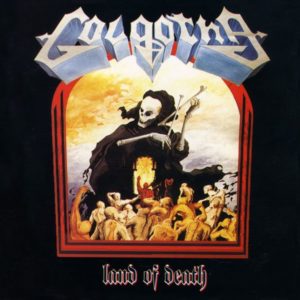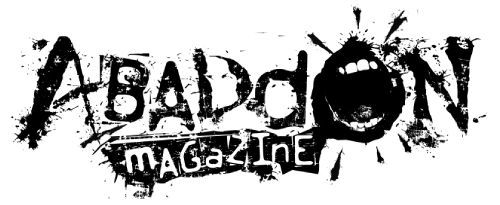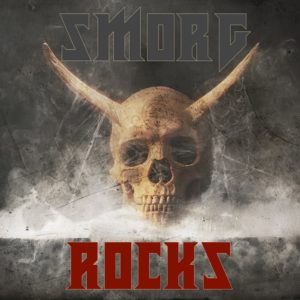 Label: Moon Records
Label: Moon Records
Date: September 1st, 2022
It’s the thing with twenty first century and modern age in general. People, vast majority of them at least, constantly and stubbornly refuse to give in to a work of art. A music album in this particular case, but it works just the same for anything else. Empty, meaningless movies, easy reading, fine but pointless paintings… You name it, there’s a mass of enjoyers out there that will simply digest what’s at hand and move on. Without it even touching them, but what’s most important, without stopping to ponder on a particular piece, especially if it offers any sort of food for thought.
Now, a variety of those foods do exist, but there’s one thing that I would like to address in this review. Mostly because it concerns this release and releases like this one, that are in abundance these days. It is the matter of putting stuff into context. Pieces of art, to be exact.
Imagine the following situation. Many folks out there are used to enjoy music via different streaming platforms. Those are often using weird artificial intelligence to work out algorithms based on your personal preferences. Or whatever it’s called, you know what I mean. I’m not too tech savvy. Anyway, the algorithm defines your taste as one keen on extreme metal. At certain point, browsing through its database, the algorithm picks up on a band called Golgotha. Tagged below are death metal, extreme metal, old school, death, destruction and other sorts of familiar, nasty little stuff you love to the core.
Thus, we get to hear Golgotha. I will avoid dark humor this time, though jokes about hearing Golgotha are most obvious for dark souls reading this magazine. So, Golgotha is playing and you are just a piece of the mentioned majority that lets some online server pick the music while you’re doing something else. Putting aside even the natural state of your mind which cannot fully concentrate on the listening session while switching from one social network to another. You get to hear a song. You don’t even catch its name. And it’s lousy, weak, amateurish, poorly produced… Simply sounds like it was recorded centuries ago. You don’t like it. You skip it or, if you’re a rather lazy fellow, let it run out and the algorithm push some other track through your speakers. Something much more suited to your musical preferences. Off to the next in a long line of smudged, faceless, nameless, characterless entities that swarm the musical (and artistic in general) world of today.
So, what have you done here? You missed out and I’ll tell you what.
Although “Land of Death” is, by all accounts, a full length record, in its basis it was made by a debutant band and the material sounds like a first run at composition and recording. Therefore, the demo quality in both mentioned respects if obvious. What’s more, not even too promising of a demo, which sort of explains why there was no album number two for Golgotha. After all, they arrived fairly late to the party. “Land of Death” was originally published in 1993, when all the death metal masters were already past their prime wave of absolute conquest.
But the most important thing to do here is put this album into perspective. We’re talking about Poland in 1993, a country that just exited the long lasting Soviet shackles, locked behind the “Iron Curtain” with no chance of a westward breakthrough. People seem to be mocking the “Polish versions” of various tapes from the 1980’s, but let me tell you something. Without those, we wouldn’t have Behemoth, Vader, Infernal War… You name it, it started from those bootleg tapes, since those were the only way of getting to the (relatively) fresh metal releases.
Trust me, I’ve lived similar times in Serbia during the 1990’s, it’s rough. I mean, just imagine not being able to simply walk to your local record store and get your hands on your favorite band’s release. Not even the biggest ones.
From such a background, Golgotha actually managed to pick up quite a few tricks. “Land if Death”, unsurprisingly, reminds me mostly of Serbian bands from the 1990’s. Bands like, nowadays active again, Scaffold. Same roots cannot lead one far from the other, apparently. Taking from the depths of extreme metal legacy and acts such as Death, Morbid Angel, Possessed, but also primordial atmospheric extreme bands like Celtic Frost, Golgotha managed a record that could’ve had quite a recognition on the local scene at the time.
Like I said, the record sounds a lot like a demo. Fairly flat lined when it comes to production and less than successful creatively. Put into the mentioned perspective, it brings about more. Naturally, since we’re looking into an early work of Polish death metal scene. The quintet offered some fairly aggressive tunes, which are at the same time pretty atmospheric. That’s why I would speak about a combination of middle aged Death and early Celtic Frost. It’s just that Golgotha wasn’t technically so far advanced as Chuck’s brainchild. Primitive dark atmosphere, as introduced to the world by the Swiss legends, is followed through and through.
What might be construed as somewhat of an innovative attempt is the usage of acoustic segments with massive impact on the whole of certain songs. Like the title track which has an elongated acoustic part that slowly transcends back into full blown death metal manifesto. With a convincing solo piece that shows lenience towards further technical progress.
One cannot but appreciate what Golgotha was up to back then. This was an effort of pure enthusiasm, at the time when the greatest death metal records were reaping bountiful harvests. Whether the creative halt, disenchantment or something else caused the demise of Golgotha is beyond me. In that respect I would’ve liked there to be more of a back story in the booklet. Short biography, perhaps a current interview with a member or two, liner notes… Perhaps the lyrics, though judging from the titles I’m assuming Golgotha had taken on the contemporary topics for the early to mid 1990’s, shying away from bloody massacres to the fields of philosophy, psychology and inner struggles of a man.
Still, I cannot really blame Moon Records for the misgivings of this CD. In all honesty, archaeological work on the ancient Polish metal is, in and of itself, a respectful venture. If only to hear the origins of one of the most fruitful scenes of today’s metal world.
It’s like those cave paintings. They’re rough, rugged, unrefined, unlike a nice little… Let’s say Renoir. But there certainly wouldn’t be a Renoir without that old hairy savage that captured scenes from his own life on those walls. Hence, let’s once again bow down to the archaeologists of metal for not having to shell out massive amounts of money on the original, first press, overpriced stuff.






